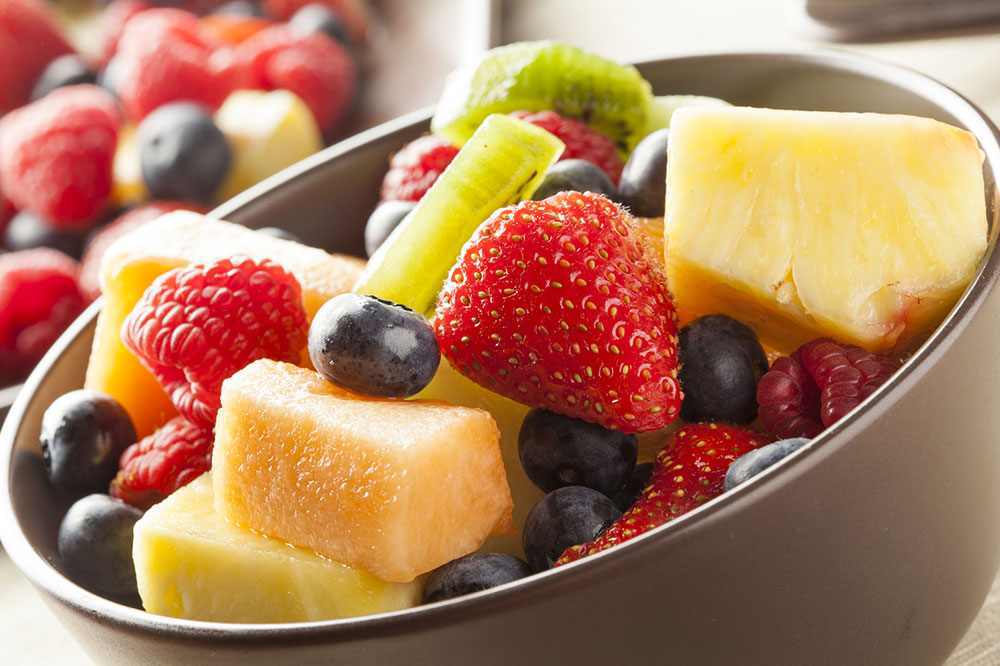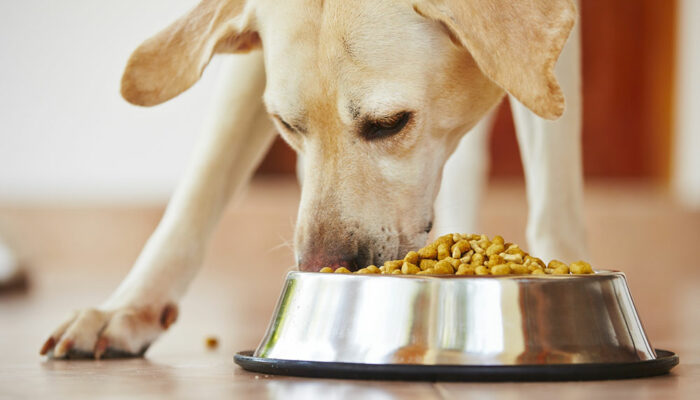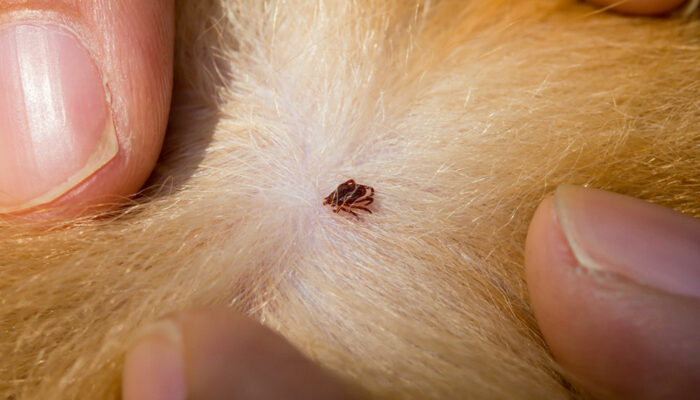
Foods to Help Manage ADHD
ADHD, also known as attention deficit hyperactivity disorder, is a complex brain disorder that impacts both children and adults. It impairs the brain’s functions and causes impulsive and hyperactive behavior. Those with this condition have trouble focusing as well. While the condition can be controlled with the help of medication and certain behavioral therapies, these foods to manage ADHD symptoms may also help.
1. High-protein foods
According to experts, including more high-protein foods in the diet may help ease ADHD symptoms. The brain uses protein-rich foods to make neurotransmitters, which are important chemicals that aid communication between the brain cells. Having protein-rich foods is also important to keep the blood glucose levels in check. High blood sugar often increases hyperactivity and worsens the symptoms of ADHD. Some protein-rich foods to manage ADHD symptoms include beans, nuts, cheese, eggs, meat, and fish. Having them for breakfast will help the body produce brain-awakening neurotransmitters.
2. Complex carbohydrates
Complex carbohydrates are high in fiber and low in sugar. Hence, adding foods containing complex carbohydrates to the diet will help ease the ADHD symptoms. Some foods containing complex carbohydrates include tomatoes, potatoes, onions, okra, carrots, apples, pears, grapefruit, dairy products, nuts, seeds, legumes, and whole grains.
3. Foods rich in omega-3 fatty acids
Omega-3 fatty acids have anti-inflammatory and antioxidant properties. They can help promote the growth of healthy brain cells and improve focus, attention, and memory in those with ADHD. Omega-3-rich foods to manage ADHD symptoms include walnuts, Brazil nuts, flaxseeds, chia seeds, salmon, tuna, and fortified foods.
4. Foods containing certain micronutrients
Some micronutrients, such as iron, zinc, magnesium, vitamin D, and vitamin B6, may help prevent ADHD and also improve the symptoms. One can get these nutrients from the following foods like kidney beans, tofu, beef, almonds, peanuts, pumpkin seeds, spinach , nuts, beans, meat, shellfish, fortified foods, fatty fish, egg yolks, potatoes, peanuts, eggs, and fish.
These are some foods to manage ADHD symptoms in children as well as adults. One must also avoid white bread, pasta and rice, chips, soda, caffeine, wheat, gluten, soy, and other foods containing artificial additives, as these can worsen the symptoms. Regular exercise, yoga, tai chi, and spending more time amidst greenery and nature are equally important for managing the condition well.



